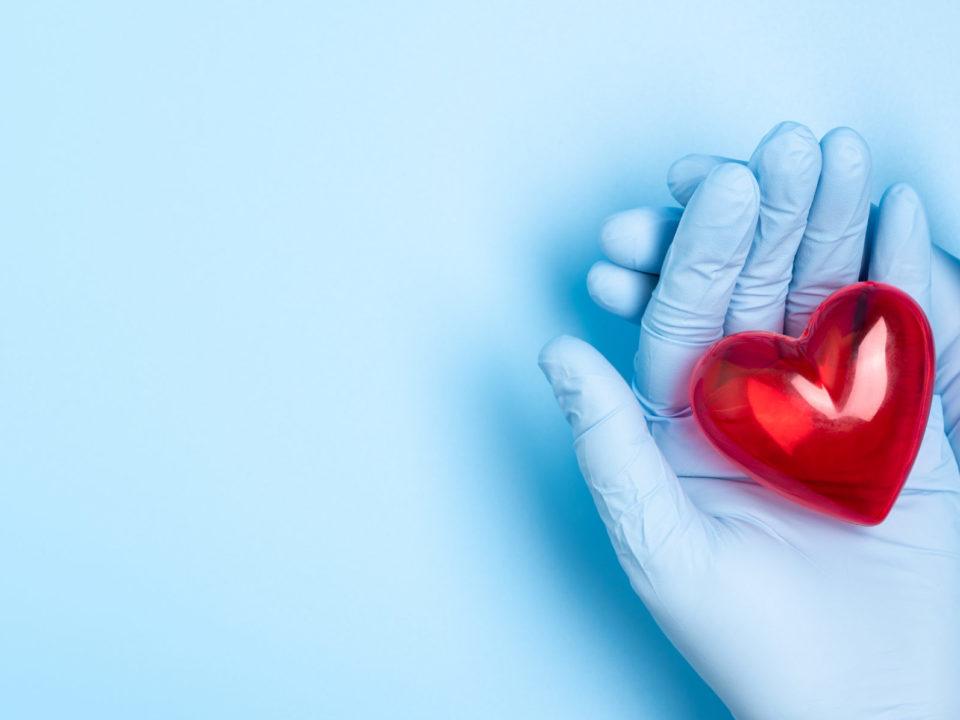The Health Benefits of Donating Blood
It’s World Blood Donor Day on 14 June, but perhaps the idea of donating blood completely puts you off. The very sight of blood (even your own) makes you squeamish, and the thought of that needle pricking you is enough to make you run a mile.
But hang on a minute – there are some nifty health benefits to donating blood, and you’ll be doing the most valuable thing one human can do for another: you’ll be saving a life.
Blood donation stats
Did you know? Donated blood can only be used for 42 days (6 weeks) from donation. In South Africa blood never gets kept for that long because there is not enough available. The South African National Blood Service (SANBS) reports that there is usually only less than a week of blood stock on hand. This may sound alarming, but 5 days is considered adequate stock, 3.5 days is significantly low, and less than 3 days is critical. At the time of writing, the SANBS indicated that they had 5 days of A+, A- and B+, only 3 days of B-, 3.4 days of O+, 3.9 days of O-, and that they were critically short of AB- blood (which is the rarest blood type).
In the United States, around 6.8 million people donate blood each year, and 45% of blood donors are type O (which is the most common blood group and can also be universally used to give blood to all blood types). By comparison, South Africa has just under half a million donors, and more than a million units of blood are collected each year. Around the world, around 100 million units of blood are collected annually, with almost half of that coming from high-income countries. But unfortunately, 119 out of 195 countries experience a shortage of blood supplies when it comes to demand versus donation – and that includes South Africa.
Interestingly, only about 2% of blood donated is used in trauma cases, such as a bad car accident or for gunshot wounds. A significant amount of donated blood is used to treat cancer patients, especially those with blood-related cancers.
So why should I donate blood? What’s in it for me?
In the first place, there is no greater calling in life than helping another human being. Even with all the disagreement and conflict in the world, we are all connected as humans, and deep down, our greatest desire is to serve the world and make a difference in the lives of those we love, those of others, and our own lives. The people we most respect and admire through history, from Nelson Mandela to Mahatma Gandhi to Albert Einstein, all lived lives of great service to the world.
In addition, there are some health benefits to donating blood. Studies have shown that donating blood can burn up to 650 calories, which is the equivalent of two cheeseburgers! Donating blood can also decrease the possibility of haemochromatosis (having too much iron in the blood), can reduce the risk of heart attack or stroke by improving cardiovascular health, can reduce the risk of cancer related to free radicals in the blood, and usually comes with a free blood analysis, which may alert you to possible problems with your health.
Donating blood has also been linked to a reduction in liver and pancreas damage, in lowering levels of obesity, and in increased psychological well-being.
You have a great contribution to make to the world. Perhaps one part of that contribution can be made by donating blood to help save a life.
The lenmed Group is a world-class chain of Private Hospitals that brings quality healthcare to communities across Southern Africa.
For more information please contact:
South African National Blood Services (SANBS)
Tel: +27 (0) 11 761 9000 (Head Office)
Tel: +27 (0) 800 119 031 (Become a blood donor)
Website: www.sanbs.org.za
Disclaimer: Any information contained here is merely a guideline. Always visit your healthcare practitioner for any health-related advice or diagnosis.















